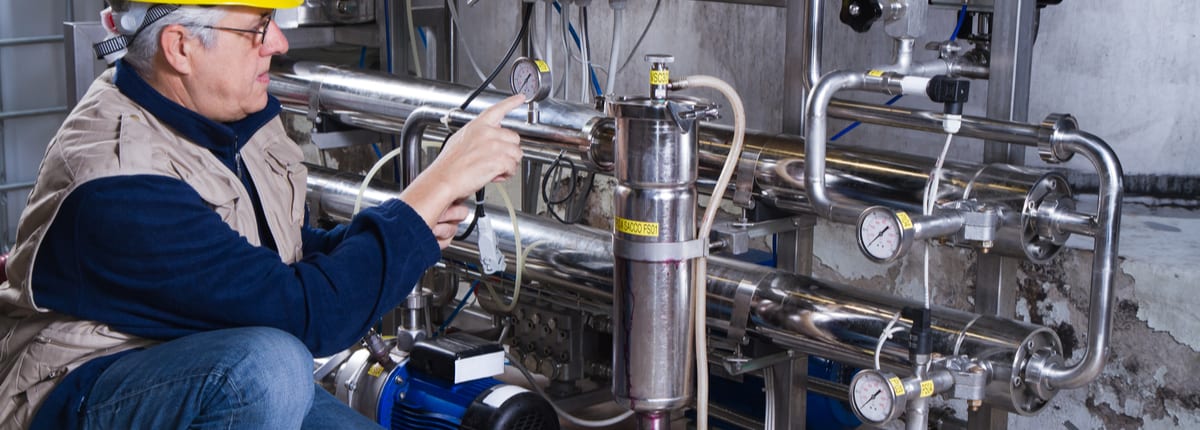Career Outcomes
Fitter (General) (323211)
Fitter & Turner (323212)
Fitter-Welder 323213)
Metal Machinist (First Class) (323214)
All of the above occupations are currently on Medium and Long-term Strategic Skill List (MLTSSL)
Industry Overview
Manufacturing is any process that changes materials, substances or components into new products, and is a vital part of the Australian economy. It is Australia’s seventh largest industry for employment and sixth largest for output. It employs close to one million people across 47,530 employing companies. Businesses manufacturing fabricated metal products, machinery and equipment are the highest employing businesses in the industry. Australian manufacturers have reported that the most important factors when recruiting are teamwork and problem-solving skills. (Source: Ai Group)
Insights
Average weekly earnings: $2,062 per week
Mode of work: Most work full-time (93%)
Hours per week: full-time workers spend around 49 hours/ week at work.
Age: the average age is 40 years.
Gender: 1% workers are female
(Source: Joboutlook.gov.au)
Qualification Needed
Workers usually need a certificate III in engineering – mechanical trade. These courses are often completed as part of an apprenticeship.
Course Overview
Studies in mechanical engineering will teach you how to interpret technical drawing, perform engineering measurements, perform milling and grinding operations, diagnose faults and much more.
Course Requirements
Most institutions require completion of Australian Year 11 or 12 (or equivalent), as well as a minimum IELTS score of 5.5 with no band score less than 5.
Costs
A 2-year packaged manufacturing trade course costs between $17,000 and $19,000 per year, depending on the institution.
Career Outcomes
Fitter (General)
Fitter & Turner
Fitter-Welder
Metal Machinist (First Class)




485 visa (TR) Application Fees
Upcoming Immigration Changes 2026
Tasmania – Health and Allied Health Occupations List (TSE Pathway)
Tasmania – TSE Priority Occupation List (2025-26)
Changes to English Language Tests for Visa Applicants from 7 August 2025